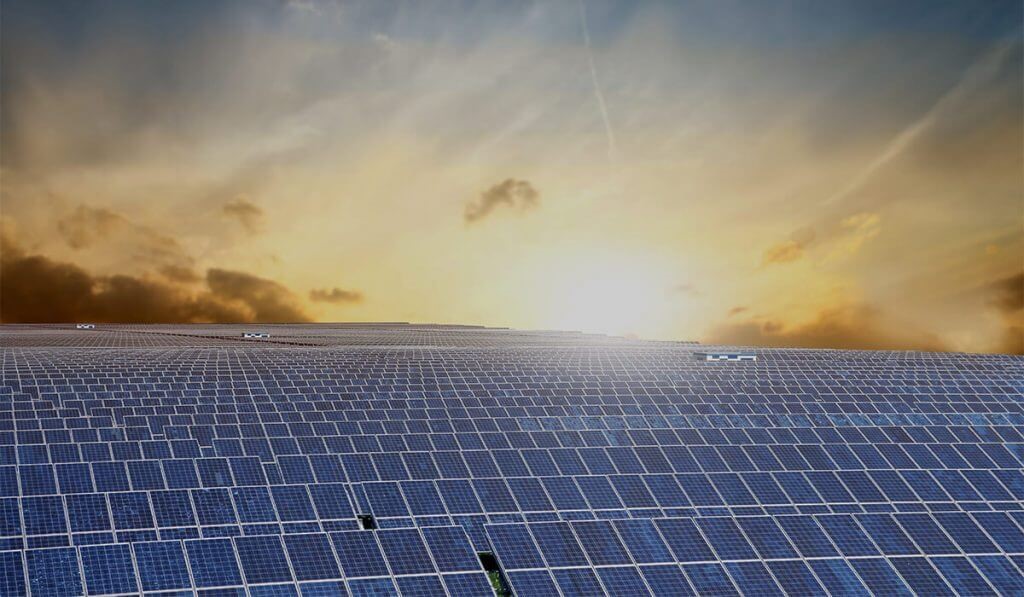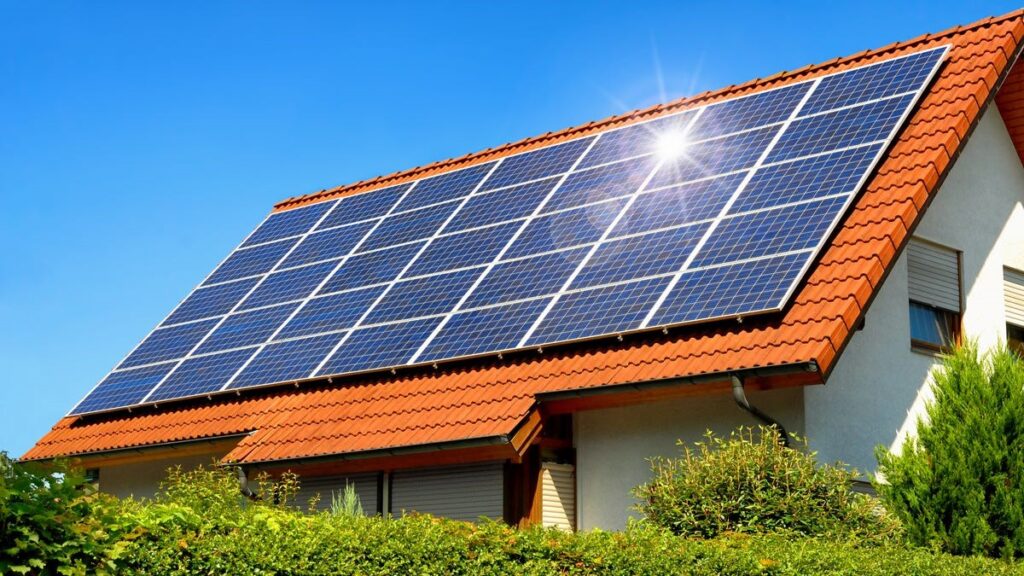Solar panels are becoming more and more common as energy prices rise. The initial cost must be considered, as well as choosing the finest solar panel type for your home. Then there is the procedure for installing and connecting them.
Installing solar panels at home is a significant decision. There remains the question of whether the cost reductions will outweigh the energy savings. You might be curious about the lifespan of solar panels or whether you first need a new roof. Before purchasing residential solar panels, there are numerous things to consider. For you to make the best decision for your house, budget, and energy objectives, we will go through the fundamentals of solar panels below and address all your burning questions.
What are Solar Panels?
Solar energy is primarily produced by solar panels. Although they may be put in practically any place where there is a consistent supply of sunshine, roofs are where they are most seen. The greatest solar lights often have their panels located immediately on top of the lamp because of this.
The energy produced may either be put back into the main electrical grid, which gives you credit on your account, or it can be stored in a special battery and utilized right away in your home. You save money on your bills in any scenario.
Solar panels are used to make photovoltaic panels. When the sun shines directly on the PV cells, the sun’s solar energy is absorbed by the cells. Electric charges are produced by the sun’s energy and travel in accordance with the electrical field within the cell, controlling the flow of electrical energy. To enable usage in houses, parts of the solar panel also convert energy from direct current to alternating current. Even when the sun is not shining, certain solar panel array components also store the energy for later use. Our guide contains further information on the operation of solar panels.
- Can you install solar panels on your roof?
Your roof might not be able to support the weight of solar panels if it is old or damaged. To ensure that it is structurally solid, you ought to get it inspected by an expert. Additionally, it is recommended to have any necessary repairs made before placing your order for panels. Your shingles should at the absolute least be recent; otherwise, the entire grid will need to be taken off in order to access repairs down the road. Just make sure to point them in the direction of the sun.
- What different kinds of solar panels are there?
The three primary kinds of solar panels are thin-film, polycrystalline, and monocrystalline. On residential properties, monocrystalline is the most prevalent choice. This solar panel is said to be the most effective of all of them, but as a result, it has a high cost.
Comparatively speaking, polycrystalline panels are a little less effective but less expensive. On the other hand, thin-film panels have a considerably more refined design that makes them more adaptable and portable. However, they are not as effective as monocrystalline. Your house and financial situation will determine which choice is best for you.
- What is the price of solar panels?
Before purchasing, make sure you are completely informed of the cost of installing solar panels. They will probably need to be installed by a professional, and you should budget for any potential roof repairs ahead.
Be aware that while you will save money on your expenses, the initial outlay will take a long time to recoup. Many solar panel companies will offer a calculator to determine how much you will save each month if you have solar panels.
- Is purchasing solar panels better than leasing them?
If you should buy or lease your solar panels is one of the most important decisions you will have to make. If you select this option, the panels are technically held by a third party and are not actually yours. Additionally, because it is not a permanent asset, it will not increase the value of your property, and you will not be able to deduct it from your taxes.
Leasing is not a complete loss, though. You will not incur the initial upfront expense, but it will still result in long-term savings on your electricity costs.
- Is a permit required to install solar panels?
The laws governing solar panels will vary by state and municipality, and you could require permission to install them. Consult your local government to learn the requirements.
Depending on what is required, this might take some time to approve, so take care of it before looking through and choosing your solar panels. If you inquire, a professional installation firm should be able to handle the permitting procedure.
- Are there tax benefits for solar panel ownership?
The fact that certain jurisdictions provide incentives to encourage you to install solar panels is an additional benefit. You may qualify for tax benefits and rebates as compensation for your sustainability, however, the specifics may vary depending on where you live.
Additionally, residents can receive tax credits from the federal government, so be sure to find out what you are eligible for and utilize it. Again, you will not be eligible for this incentive if you are leasing solar panels.
- Should my solar panels include a battery backup?
Many solar panel installers also provide you the choice of installing a battery backup, which allows you to continue using your solar panels even after the Sun has set and avoid using the grid. A battery backup will increase the overall cost of your system by at least $5,000, but it will give you a source of power in the event of a local power loss without the need for a noisy generator.

Benefits of Solar Panels
Why would you want solar panels for your home? Solar panels for your home provide several benefits:
- Energy savings: The chance to power your own house independently of the electrical grid is the most obvious advantage. You will save money by doing that, and if you produce additional electricity, the electric provider may even give you a credit on your payment.
- Solar electricity is a plentiful energy source: The yearly US power demand may be satisfied by just one hour of the summertime midday sun, claims the US Department of Energy. You can save your power costs even if you live in a region with a lot of rain or shadow.
- Help with house value: Having home solar panels may be a huge selling point to purchasers and can raise the value of your property if you want to sell it in the future.
- Going green: You may reduce your carbon footprint by using solar energy, which is a renewable resource.
- Independence from electrical grid failures: In some places, the grids are not very dependable. Your own solar power can keep the lights on if there are frequent power disruptions in your neighbourhoods.
- Power your camping: You may bring modest solar panel arrays with you to provide energy wherever you go, even in isolated locations

